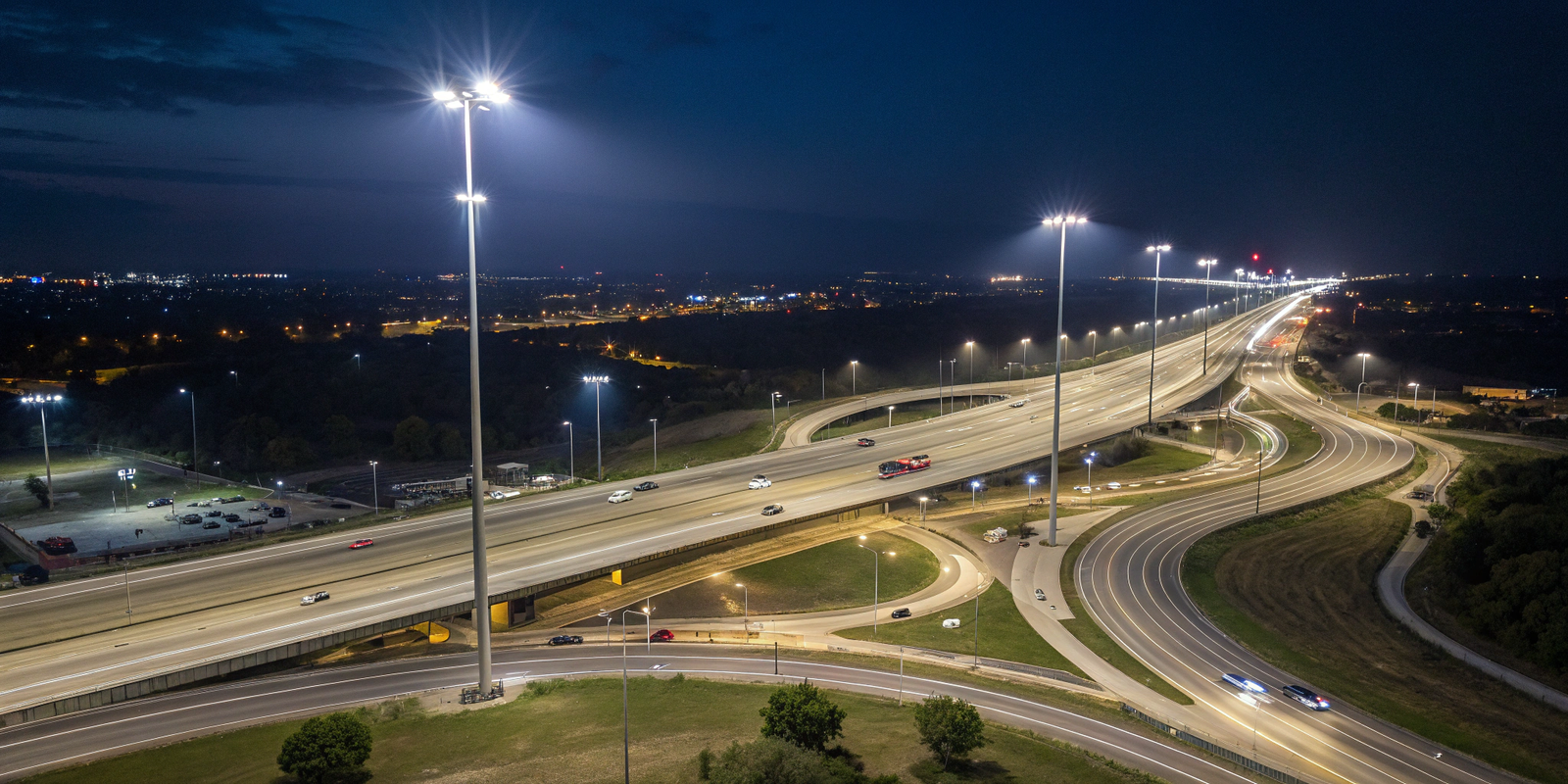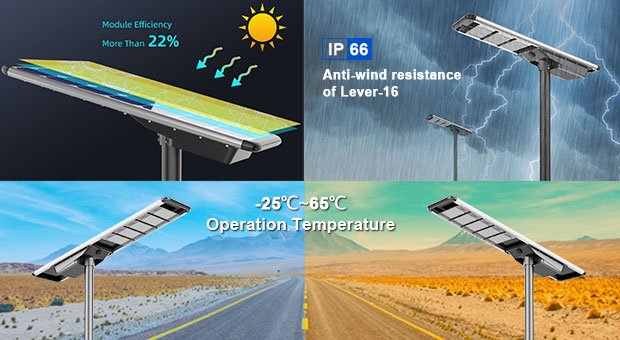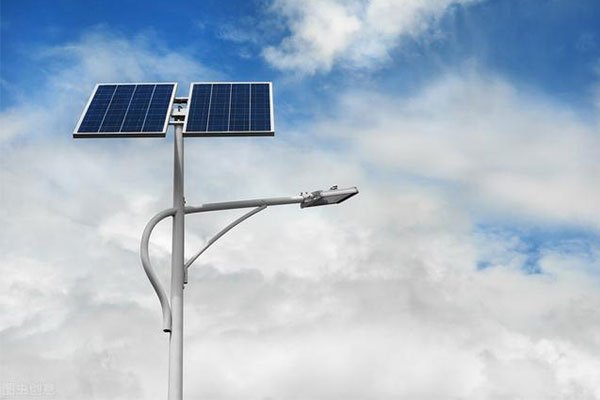Many buyers fall victim to scams in China's solar street light export market, losing money and trust.
To avoid scams, buyers must verify certifications, inspect product quality, confirm warranty terms, and use secure payment methods.
Scammers exploit unsuspecting buyers with fake certifications, low-quality components, and misleading prices. This article explores common fraud tactics and provides actionable steps to secure your investment.
Understanding the Risks: Common Scams in China's Solar Street Light Export
Fake certifications, misleading product quality claims, hidden costs, and poor after-sales support are the most common scams.
- Fake or misleading certifications: Some suppliers provide counterfeit or misleading certificates, such as fake CE, RoHS, or ISO documents.
- Low-quality components disguised as high-end materials: Manufacturers may use substandard lithium batteries, LED chips, or solar panels but label them as premium components.
- Price baiting and hidden fees: Some suppliers attract buyers with incredibly low prices but later add hidden costs, such as expensive shipping fees and customs charges.
- False warranty claims and poor after-sales support: Many scammers promise long-term warranties but disappear after the purchase.
How to Verify a Reliable Solar Street Light Supplier in China
Finding a reliable supplier requires verification of credentials, factory inspections, customer reviews, and warranty terms.
- Check business licenses and certifications: Ensure the supplier has a valid business license and genuine industry certifications.
- Inspect factory facilities and production capabilities: Request a video tour or visit in person to inspect production lines and quality control measures.
- Verify previous customer reviews and case studies: Look for real customer feedback on trade platforms and industry forums.
- Confirm warranty terms and technical support: Demand written warranty agreements that outline coverage details, replacement policies, and post-sales services.
Red Flags to Watch for When Purchasing Solar Integrated Street Lights
Recognizing warning signs can help buyers avoid unreliable suppliers.
- Unreasonably low prices compared to market standards: If a price seems too good to be true, it likely is.
- Inconsistent communication and lack of transparency: Frequent delays, vague answers, or evasive responses indicate potential fraud.
- No clear technical specifications or product guarantees: A trustworthy supplier provides detailed product specifications, including battery capacity, LED efficiency, and panel wattage.
- Pressure tactics to close deals quickly: Scammers rush buyers into quick decisions by offering limited-time discounts or urgent stock clearance deals.
How to Ensure Quality in Your Solar Street Light Orders
Quality assurance steps include requesting samples, conducting inspections, verifying compliance, and clarifying return policies.

- Request product samples before bulk purchases: Evaluate product build, brightness, and battery performance.
- Conduct third-party inspections and quality testing: Hire independent inspection services to test product quality before shipment.
- Ensure compliance with international standards: Verify CE, RoHS, ISO, and other necessary certifications.
- Clarify warranty coverage and return policies: Get a written agreement outlining warranty duration, return policies, and replacement procedures.
Case Studies: Real-Life Examples of Solar Street Light Export Scams
Real buyer experiences highlight common fraud tactics and their consequences.
| Case Study | Scam Type | Consequence |
|---|---|---|
| Fake Lithium Battery | Supplier provided low-quality battery | Short battery lifespan |
| Inconsistent LED Brightness | Poor-quality LED chips used | Poor street illumination |
| Supplier Disappearance | Buyer paid, but supplier vanished | Total financial loss |
| Incorrect Product Specifications | Mismatched components | Reduced efficiency |
Best Payment Practices to Avoid Financial Fraud
Using secure payment methods and clear contract terms minimizes financial risks.

- Use secure payment methods: Use Trade Assurance, Letter of Credit, or PayPal for financial security.
- Avoid full upfront payments before quality verification: Negotiate partial payments based on production milestones and inspections.
- Draft clear contracts with legal protection clauses: Contracts should include product specifications, delivery timelines, and dispute resolution terms.
- Set up installment payments based on milestones: Split payments across key milestones to ensure supplier accountability.
Legal Actions and Recourse: What to Do If You Get Scammed?
Buyers have legal options to recover losses from fraudulent suppliers.
- Report fraudulent suppliers to trade platforms: Notify Alibaba, Global Sources, and Made-in-China to prevent further fraud.
- Seek legal assistance from Chinese trade dispute resolution services: Hire legal experts specializing in Chinese trade laws to handle disputes.
- Leverage international trade arbitration organizations: Use organizations like the China International Economic and Trade Arbitration Commission (CIETAC) for dispute resolution.
- Warn other buyers through industry forums and networks: Share scam experiences in buyer forums to prevent others from falling victim.
Conclusion
Scammers target international buyers with fake certifications, low-quality components, and deceptive pricing.
By verifying suppliers, inspecting products, and using secure payments, buyers can avoid costly mistakes and ensure reliable solar street light imports.







